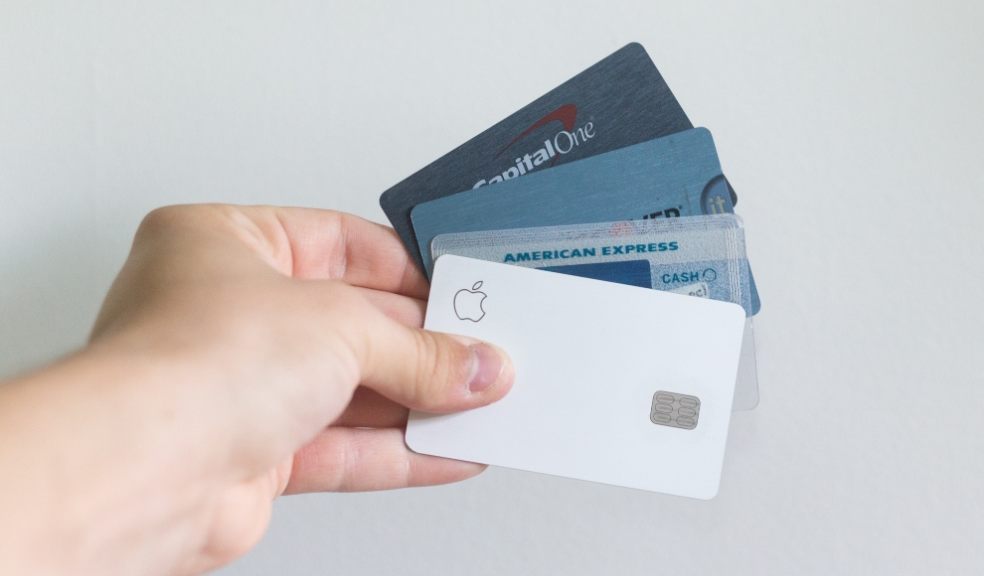
How are card payments kept secure?
In the UK, debit and credit cards account for more than 85% of payments made to businesses each year. This figure is expected to grow to more than 95% by 2031.
However, despite cards being a preferred method of payment for so many people, there is still an element of uncertainty and misunderstanding about how secure cards really are.
Although they might look simple, credit and debit cards (including those loaded on a device), are built with multiple layers of technology that safeguard cardholder details from fraudulent activity.
Encryption
When card payments are made, the information sent to the receiver is encrypted using SSL (Secure Sockets Layer) technology. This scrambles the information into a format that can only be read by authorised parties and prevents cybercriminals from intercepting and stealing the information.
Tokenisation This is a process where sensitive data, such as the cardholder’s primary account number (PAN), is replaced with a unique string of characters called ‘a token’. This protects the cardholder’s data from being exposed in the event of a data breach.
Authentication
Card payments will typically require authentication to verify the identity of the cardholder. For example, a PIN (Personal Identification Number). Increasingly, card networks are implementing multi-level authentication, requiring card holders to verify payments using their banking app or by providing a code that is texted or emailed to them. Biometric authentication, like facial recognition and fingerprint identification, is also used regularly for approving payments.
Fraud detection and prevention
Banks and other financial institutions use sophisticated algorithms and tools to detect and prevent fraudulent transactions. Many utilise machine learning and artificial intelligence to analyse patterns of behaviour, such as when a card is used overseas or to make a large payment, in order to flag suspicious activity.
Payment Card Industry (PCI) compliance
PCI compliance is a set of standards established by the card networks to ensure that businesses that accept card payments are following best practices for security. Merchants must comply with these standards to ensure the security of the cardholder's data. Those not complying with these standards face financial penalties and charges as well as damage to their reputation. In the UK, this applies to all businesses, including start-ups. Using a third-party provider to process payments that is PCI DSS compliant, such as tapeeno, will help ensure businesses are adhering to the regulations.













